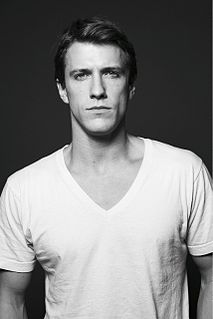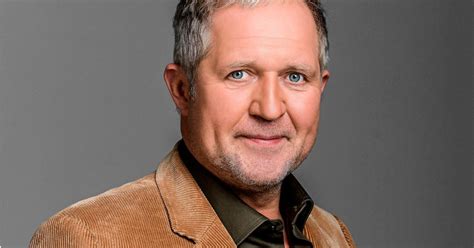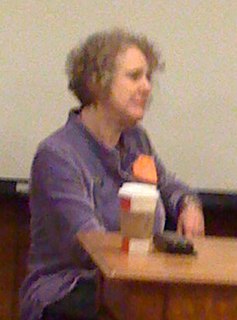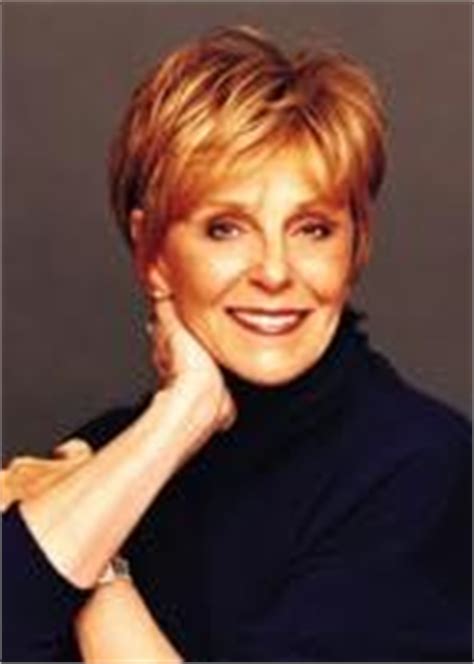A Quote by Patrick Heusinger
My character is called The Hunter. He's the main antagonist in the movie. In a nutshell, he's a slightly deranged natural born killer who's weirdly determined to succeed at his job, whatever his employment is. He's a mercenary and there's a high body count for him in this film [Never Go Back].
Related Quotes
I must say Steven Spielberg was great to me, and I loved working with him. He called me up on the phone and was like, "I want you to be in this movie - 1941. There are a couple of parts. You can take whichever one you want. One of them is a main character who is involved in everything, and there's another character who has his own storyline and goes off on his own. He's probably the funnier, more unique character." I said, "Well let me do that second one."
Man in his raw, natural state as he comes from the womb is morally and spiritually corrupt in disposition and character. Every part of his being-his mind, his will, his emotions, his affections, his conscience, his body-has been affected by sin (this is what is meant by the doctrine of total depravity)
He that can toy with his ministry and count it to be like a trade, or like any other profession, was never called of God. But he that has a charge pressing on his heart, and a woe ringing in his ear, and preaches as though he heard the cried of hell behind him, and saw his God looking down on him-oh, how that man entreats the Lord that his hearers may not hear in vain!
Military tactics are like unto water; for water in its natural course runs away from high places and hastens downwards... Water shapes its course according to the nature of the ground over which it flows; the soldier works out his victory in relation to the foe whom he is facing. Therefore, just as water retains no constant shape, so in warfare there are no constant conditions. He who can modify his tactics in relation to his opponent and thereby succeed in winning, may be called a heaven-born captain.
The master in the art of living makes little distinction between his work and his play, his labor and his leisure, his mind and his body, his information and his recreation, his love and his religion. He hardly knows which is which. He simply pursues his vision of excellence at whatever he does, leaving others to decide whether he is working or playing. To him he's always doing both.
Gabriel pulled her over his body to lie on the bed beside him. His kisses pressed her down into the oblivion of the mattress as her hands explored his chest, his shoulders, his face. "I want to lay my kill at your feet," he said, more growl than words, and held her tight by her hair as he marked her neck with his teeth. She writhed against him. She wanted to bite him, she wanted to rip the flesh from his back, but most terrible of all, she didn't want him to stop. Her back arched, her body shattered, she howled.
The amusement fled from Royce's face and with a groan he pulled her roughly against his chest, crushing her to him. "Jenny," he whispered hoarsely, burying his face in her fragrant hair. "Jenny, I love you." She melted against him, molding her body to the rigid contours of his, offering her lips up for his fierce, devouring kiss, then she took his face between both her hands. Leaning back slightly against his arm, her melting blue eyes gazing deeply into his, his wife replied in a shaky voice, "I think, my lord, I love you more.
The individual man, in introspecting the fact of his own consciousness, also discovers the primordial natural fact of his freedom: his freedom to choose, his freedom to use or not use his reason about any given subject. In short, the natural fact of his "free will." He also discovers the natural fact of his mind's command over his body and its actions: that is, of his natural ownership over his self.

































